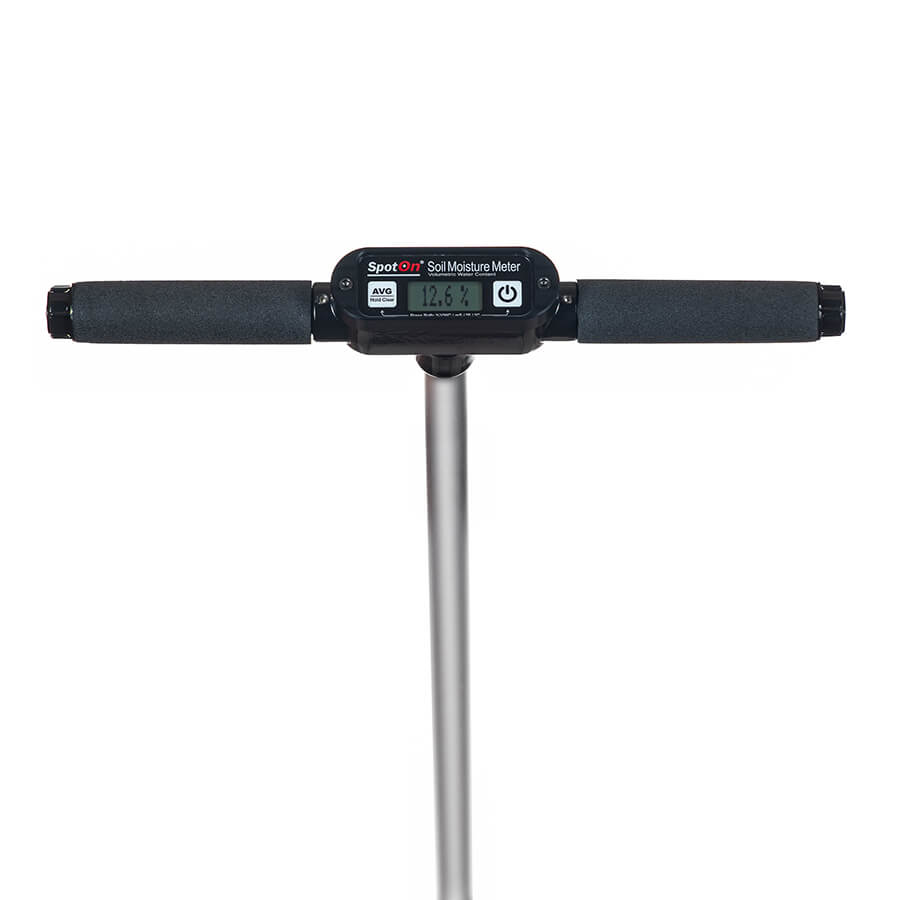How to Use a Moisture Meter to Discover Concealed Water Damages in Your Building
How to Use a Moisture Meter to Discover Concealed Water Damages in Your Building
Blog Article
The Ultimate Guide to Dampness Meters: A Comprehensive Review and Exactly How They Can Save You Cash
In the world of building upkeep, building and construction, and different industries, the importance of properly measuring dampness levels can not be overstated. Dampness meters act as vital tools in spotting and monitoring moisture material in materials, assisting in avoiding pricey damages and ensuring the high quality of products. Comprehending the subtleties of various types of dampness meters, their applications, and the potential cost-saving advantages they provide can be a game-changer for businesses and specialists alike. Finding how these tools can not just streamline procedures but additionally contribute to monetary cost savings is a journey worth getting started on.
Kinds of Wetness Meters
One common type is the pin-type moisture meter, which gauges the electrical resistance between two pins inserted right into a material. Pinless dampness meters, on the other hand, usage electro-magnetic sensing unit plates to check a larger location without triggering damage to the product's surface.

Moreover, there are also specialty moisture meters designed for certain materials like soil, grain, or hay. These meters offer exact wetness analyses customized to the distinct homes of the material being examined. Infrared dampness meters measure the thermal residential properties of a product to determine its moisture content non-invasively, making them helpful for applications where pin or pinless meters might not appropriate. Recognizing the different sorts of wetness meters offered can help industries select one of the most proper tool for their specific wetness dimension needs.

Advantages of Utilizing Wetness Meters
Wetness meters offer indispensable benefits in properly examining and checking dampness degrees in diverse materials and environments. One of the key advantages of using wetness meters is the avoidance of potential damage triggered by excess moisture.
Furthermore, making use of moisture meters can lead to increased power effectiveness. By identifying locations with high dampness levels, such as leaks or inadequate insulation, modifications can be made to improve power preservation and decrease energy expenses. In farming setups, moisture meters play an important role in maximizing crop returns by making it possible for farmers to check dirt wetness degrees and make notified irrigation choices. In general, the advantages of using dampness meters cover throughout various sectors, supplying cost-effective remedies and promoting far better quality assurance techniques.
Exactly How to Choose the Right Dampness Meter
When selecting a moisture meter, it's vital to guarantee that the meter is suitable for the specific product you will certainly be testing. Different materials have differing electric properties that can influence wetness readings, so picking a meter created for your material is crucial for exact results. By carefully evaluating these variables, you can select a moisture meter that fulfills your demands and supplies accurate dampness measurements for your tasks.
Appropriate Techniques for Dampness Meter Usage

Cost Cost Savings With Wetness Meter Applications
Exactly how can the strategic usage of wetness meters lead to considerable cost financial savings across various sectors? In the farming market, moisture meters aid in determining the optimal time for harvesting plants, protecting against over-drying or excess moisture that can influence the final product's high quality.
In a similar way, in building and construction, dampness meters help protect against expensive damages by finding wetness degrees in structure materials, such as timber or concrete, which can lead to architectural concerns otherwise attended to quickly. By recognizing issue areas beforehand, specialists can take restorative actions to prevent comprehensive repairs or substitutes, ultimately conserving money and time.
Furthermore, in the food handling market, wetness meters are essential for checking product top quality and guaranteeing conformity with safety and security policies. By accurately determining moisture material in food, suppliers can prevent spoilage, maintain freshness, and minimize waste, causing substantial price financial savings. Overall, the tactical application of moisture meters is an important investment that can cause considerable expense decreases and enhanced efficiency throughout different markets.
Final Thought
In conclusion, dampness meters are useful devices for gauging and identifying wetness look at these guys levels in numerous materials. By making use of the ideal wetness meter and following correct strategies, individuals can effectively protect against pricey damages caused by excess dampness.
Dampness meters serve as crucial devices in discovering and checking moisture Source web content in products, aiding in stopping costly problems and making sure the quality of items. Infrared wetness meters gauge the thermal properties of a material to establish its moisture material non-invasively, making them useful for applications where pin or pinless meters might not be appropriate.Moisture meters use indispensable benefits in precisely evaluating and checking wetness degrees in diverse products and settings. In agricultural setups, moisture meters play a crucial function in enhancing crop returns by enabling farmers to keep an eye on dirt dampness levels and make notified irrigation choices.In verdict, wetness meters are important devices for finding and gauging moisture levels in different materials.
Report this page